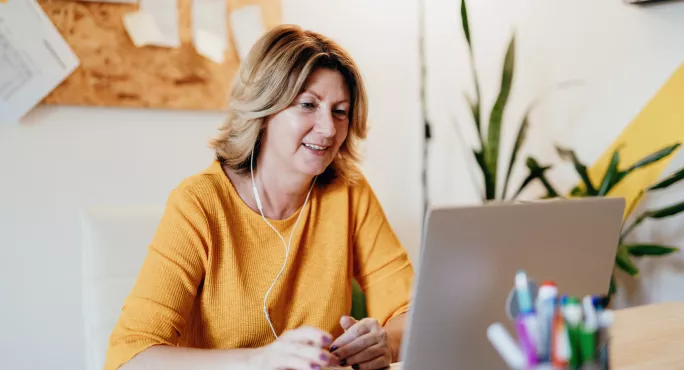Glasgow City Council recently announced what looked like it could be the death knell of parents’ evenings as we know them, when it decided they will not take place in the traditional face-to-face manner until next March at the earliest. No doubt other local authorities across Scotland have been planning to follow suit.
A two-year hiatus in what has been a long-term fixture in the school calendar will be met with mixed feelings by parents, carers and teachers. But I think this can be viewed as an unexpected Covid bonus, a chance to evolve the parents’ meetings into something a little more 21st-century by taking them online permanently. (Albeit Covid restrictions appear to be changing to allow in-person parents’ evenings again.)
I am sure that even the staunchest supporter of the standard approach to parents’ evenings would agree that it doesn’t really work. What’s more, while initially everyone (in education and beyond) was uncomfortable during the early stages of the pandemic with online meetings and becoming a disembodied talking head on a laptop, by now we are mostly accustomed to the format.
Parents’ evenings: How a school project evolved into a top edtech company
Covid and schools: Three reasons for keeping online parents’ evenings
Quick read: Is it time to scrap parents’ evenings?
A virtual parents’ evening allows the teacher greater control of each meeting, especially if the call is set to automatically cut off after the allotted time. I think we all have had those parents who miss the social cues that you are rounding off the conversation, as they launch into a fresh, often unrelated, topic. Meanwhile, the queue of impatient parents stretches further and further into the night.
The advantages of online parents’ evenings
And, with the parent’s name appearing on the screen, another potential source of stress is immediately removed: the fear of getting a child’s name wrong, which is a surefire way to destroy the parent-teacher relationship. Being physically separate can, of course, also take the heat out of what can be a contentious conversation.
It benefits parents, too. Going online improves access for parents, who might struggle to get to school on time after working all day or because of poor public transport links. Parents and carers can also find it stressful joining each new conveyor belt of appointments, trying to remember the specific questions for each subject specialist while realising they are already 10 minutes late to get to art, and still keeping an eye on the queue jumpers who “innocently” wander to the front of each line.
This all takes place in a poorly ventilated hall as the strip lights flicker overhead. Another benefit will be the reduction in the environmental cost of all of those short car journeys, coupled with the heating and lighting costs of keeping large buildings open long into the evening.
The shift to online is happening elsewhere in the public sector: GP appointments are often held remotely now and a return to pre-Covid waiting rooms seems unlikely. If it can be made to work for a meeting diagnosing someone’s health, then why not school parents’ evenings? Because, if we’re honest, many parents’ evening meetings amount to little more than a simple transfer of information - and the satisfying of curiosity about what your child’s teacher looks like.
Gordon Cairns is a forest school and English teacher who works in Scotland




